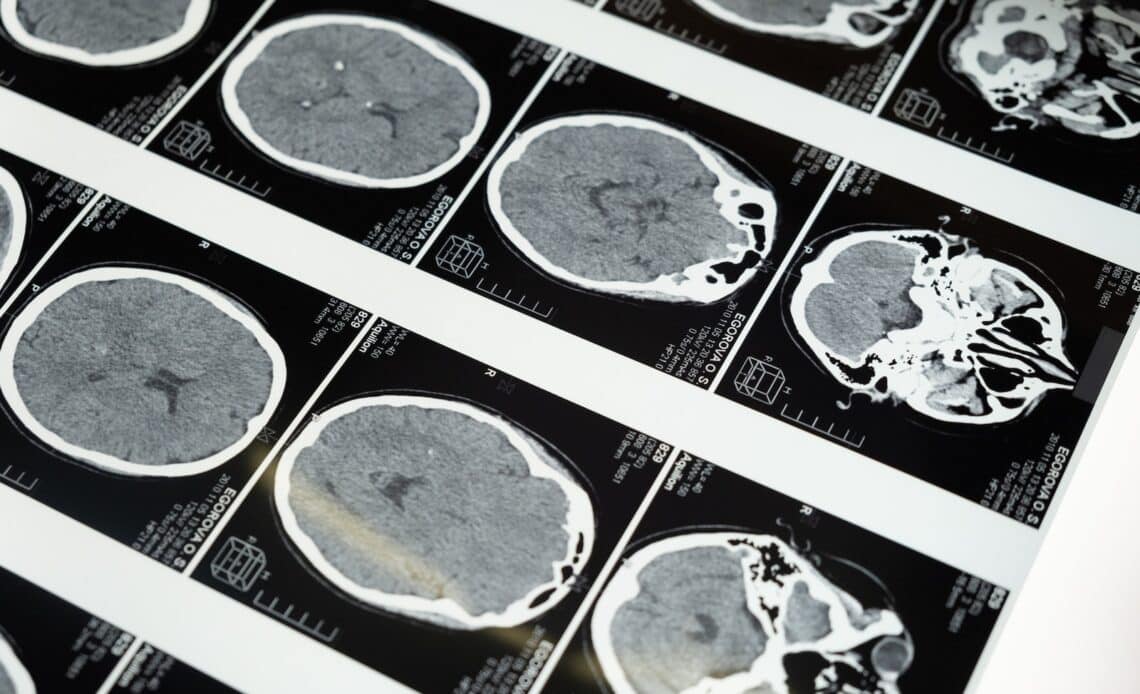
Concussions, also known as mild traumatic brain injuries (mTBIs), can have significant impacts that last for days, weeks, or even months. While symptoms like headaches, dizziness, and memory issues often resolve with rest, some patients experience persistent post-concussive symptoms that can significantly affect their quality of life.
In recent years, there has been growing interest in using nutritional and supplemental therapies to aid in concussion recovery. Emerging research in animals suggests that specific vitamins, minerals, and other dietary compounds may benefit the brain after injury. Let’s look at some of the most promising nutraceuticals for concussion.
Critical Nutrients for Brain Health and Recovery
The brain has high metabolic demands and requires certain nutrients to function optimally. Deficiencies in key nutrients after concussion may exacerbate symptoms and delay healing.
B Vitamins
B vitamins play numerous roles in brain health. Thiamin (B1), riboflavin (B2), niacin (B3), pantothenic acid (B5), pyridoxine (B6), biotin (B7), folate (B9), and cobalamin (B12) are all essential for nervous system function.
Animal research shows that supplementation with B2 and B3 improves outcomes after experimental traumatic brain injury. These B vitamins likely act as antioxidants, reducing harmful oxidative stress and inflammation in the brain after injury. Food sources include whole grains, meat, dairy, eggs, nuts, seeds, and green leafy vegetables.
Vitamin C
In addition to its antioxidant effects, vitamin C is needed to synthesize neurotransmitters in the brain. Peripheral administration of vitamin C in rats after traumatic brain injury attenuates oxidative damage and reduces edema. Excellent food sources of vitamin C include citrus fruits, berries, tomatoes, peppers, and broccoli.
Vitamin D
Vitamin D receptors are found throughout the brain, and animal studies show that supplementation may protect against neuronal damage after concussion. Proposed mechanisms include downregulation of inflammatory cytokines, reduced oxidative stress, and stimulation of neurotrophic factors. Vitamin D is unique in that it can be synthesized in the skin through sun exposure but can also be obtained from fatty fish, fish liver oils, and fortified foods.
Vitamin E
As a fat-soluble antioxidant, vitamin E protects cell membranes from free radical damage. Animal research demonstrates that pretreatment with vitamin E ameliorates oxidative damage and improves motor and cognitive outcomes after experimental traumatic brain injury. Vitamin E occurs naturally in plant oils, nuts, seeds, and leafy greens.
Magnesium
Magnesium is vital for over 300 enzymatic reactions in the body, including energy production, protein synthesis, and neurotransmitter release in the nervous system. Studies in rodentw show magnesium supplementation after traumatic brain injury restores magnesium levels in the brain, reduces oxidative stress, and improves functional outcomes. Magnesium is abundant in green leafy vegetables, legumes, nuts, and whole grains.
Omega-3 Fatty Acids
The long-chain omega-3 fats EPA and DHA play structural roles in brain cell membranes, regulate neurotransmission, and exert anti-inflammatory effects. Rodent studies demonstrate that omega-3 supplementation for 2-6 weeks before experimental traumatic brain injury significantly protects against neuronal damage, cognitive deficits, and behavioral impairments. Excellent dietary sources include fatty fish, fish oil supplements, walnuts, flax, and chia seeds.
Other Promising Supplements
In addition to essential vitamins and minerals, other dietary compounds show therapeutic potential for concussion recovery:
- Flavonoids: These antioxidants found in colorful fruits, vegetables, tea, and wine reduce neuroinflammation in animal models of traumatic brain injury. Resveratrol is remarkably well-researched.
- Curcumin: The active compound in turmeric, curcumin has antioxidant and anti-inflammatory properties. Studies in rodent traumatic brain injury models show reduced oxidative damage, edema, and neurological deficits with curcumin supplementation.
- Melatonin: This hormone is involved in sleep-wake cycles and also acts as an antioxidant. Melatonin administration decreases oxidative damage, neuroinflammation, and neuronal loss in animal models of traumatic brain injury.
- Coenzyme Q10: This antioxidant compound naturally occurs in the body and plays a role in energy production. After traumatic brain injury, supplementation in rodents increases antioxidants, reduces inflammation, and restores mitochondrial function.
- Creatine: Known for its use in muscle building, creatine also supports brain energy metabolism. Human trials in children with traumatic brain injury find that creatine supplementation improves cognition, personality, and self-care.
- Alpha-lipoic acid: This antioxidant and anti-inflammatory compound crosses the blood-brain barrier and replenishes other antioxidants like vitamins C and E. Studies in rodents demonstrate reduced brain lesion size and edema after traumatic brain injury.
While many of these compounds show promise in animal models, large-scale, high-quality human trials are still needed. It’s also important to note that the FDA does not regulate dietary supplements for purity, potency, or efficacy. If choosing to supplement, look for reputable brands that adhere to good manufacturing practices. And, as always, consult your healthcare provider before beginning any new supplement routine, especially after a head injury.
The Bottom Line
Emerging research highlights the potential of nutritional therapies to aid concussion recovery by providing key nutrients, reducing inflammation and oxidative damage, and protecting vulnerable neurons. While more human data is still needed, eating a varied, well-balanced diet ensures you obtain diverse brain-supportive compounds. Targeted supplementation may provide additional benefits but should not replace standard concussion management. Physical and cognitive rest are essential during the acute recovery period. With time and proper care, most concussion symptoms do resolve. Nutritional therapies may hasten the healing process, but should always be discussed with your healthcare provider first.








